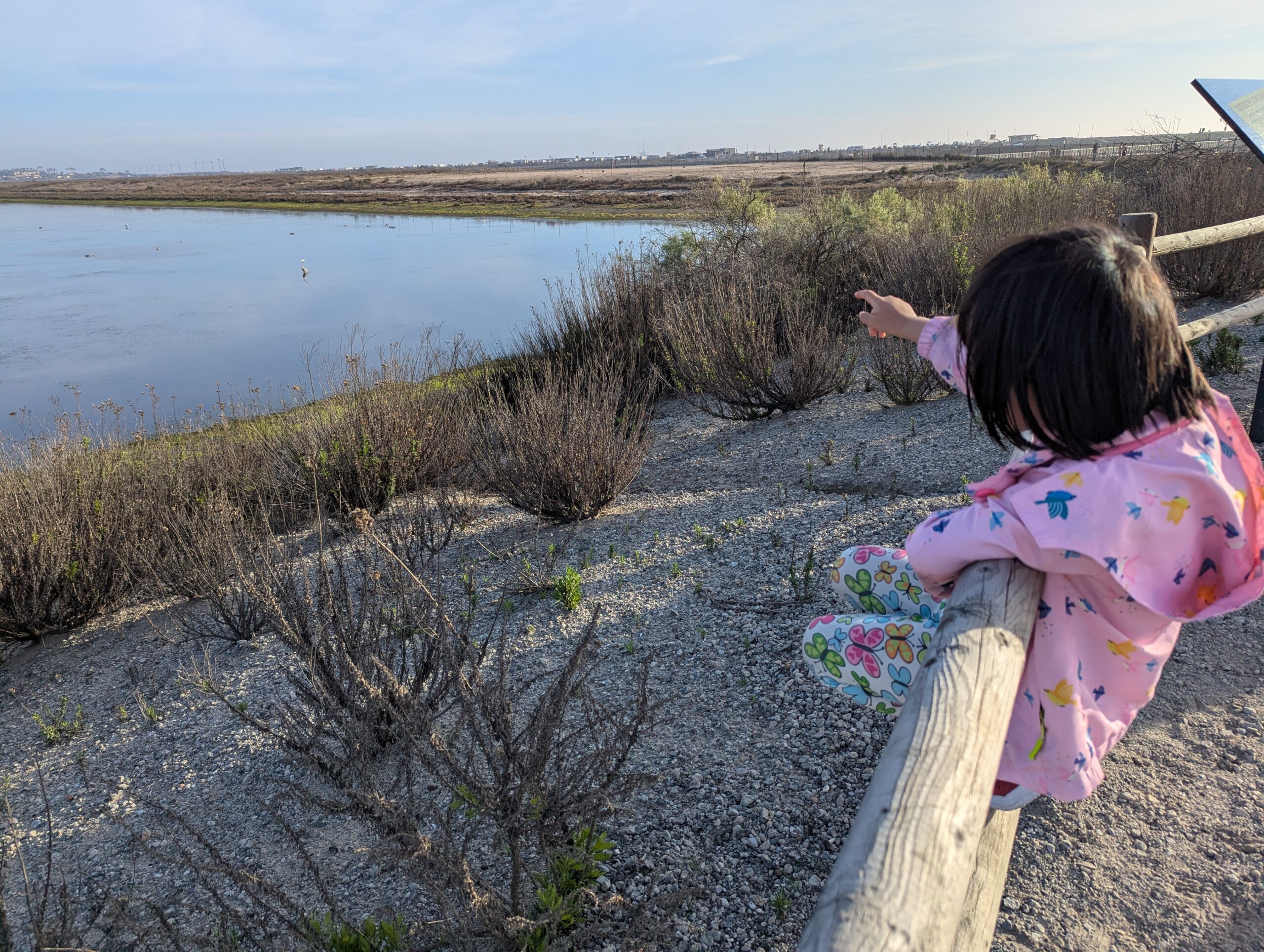“What about socialization?”
If you’re a homeschooling parent, especially one leaning toward unschooling or gentle/respectful parenting, you’ve likely heard this question more times than you can count. And if you’re like me, you’ve probably wrestled with what to say — not because you doubt your choices, but because you’re constantly observing and learning alongside your child, building a different kind of rhythm, one the mainstream may not understand.
Children’s world is often filled with judgement and control. The world seems to enjoy scrutinizing every little action they take. Sometimes people blame the parents for bad behaviors. Other times they blame the kids’ personalities as if they were born to a fixed image and would never change. Homeschooling is an easy scapegoat for homeschoolers. It is a different path than the norm. It must have been the “problem”.
However, what people often miss is the child’s temperament.
The Temperament: When Shyness is Not a Problem to Fix
A few weeks ago, 6-year-old Miss R froze at the starting line of a community egg hunt. Dozens of kids bolted forward with excited shrieks. She stood completely still.
A family member commented, “But we’ve come all the way! She asked for this.” Another sighed, “This is a social barrier — she needs to learn to overcome this.” Even I thought of this at some point, “Is she okay? Doesn’t she want the eggs?”
I looked at her as she stared at the only egg in her hand, an egg that fell off somebody’s basket. There were mixed emotions on her face: joy, confusion, anxiety, and disappointment. I congratulated her on the egg she got. She cherished it like a trophy, but didn’t say anything otherwise.
This was the same child who had asked to attend the egg hunt, who talked about it with anticipation, who had even practiced running around the yard with a basket the day before. And yet, in the moment — with noise, unfamiliar kids, and a surge of chaos — she couldn’t move.
What looks like shyness is often a need for safety, not a lack of social ability.
At another family gathering, Miss R was given a toy by a well-meaning relative. She didn’t respond. She froze again, unsure how to react in a noisy, overstimulating restaurant, especially toward someone she barely knew. Her father asked her to say thank you — fair enough — but when she didn’t, he threatened to take away her screen time the next day.
She didn’t speak, but she waved. I thanked the man for her. Dad wasn’t satisfied. “That doesn’t count,” he said. The next day, she lost screen time. But instead of sulking, she seemed relieved.
That’s when it hit me: she would rather lose a privilege than be pushed to do something before she’s ready.
Was I wrong to offer an alternative like waving? My friend thought so. She said I might be letting her take the easy way out. But I see it as building a bridge — a small, manageable step toward participation, not a shove into the deep end. It can lead to discovery, creativity, and self-awareness — but only when we don’t rush to fill every gap with productivity.
It’s Not Always About Homeschooling
Whenever Miss R appears shy, overwhelmed, or disconnected, people are quick to blame homeschooling:
- Homeschoolers’ lives evolve around the family only and nothing else.
- Unlike school children, they lack the opportunities to build steady relationships.
- They lack social skills (which includes shyness) because they don’t have a supportive social life.
- Homeschooling is the cause of social withdrawal and lack of confidence.
These are clearly misunderstandings of personality, not proofs of social deprivation.
Calling Miss R shy would have been an understatement. She’s not like that with everyone. Very often, she met new teachers and within minutes she was cracking jokes. Sometimes, she bonds with kids immediately — but only if she feels something click. That click is hard to explain, but we’ve all felt it. It could have been a shared sense of humor, warmth, and closeness.
So, What About Socialization?
Like many homeschoolers, Miss R is socializing every day. She’s learning boundaries, communication, collaboration, humor, empathy, and conflict resolution — in co-ops, in classes, on playdates, and through the complex and beautiful world of pretend play. She has developed close, meaningful friendships with people of different ages and is able to call at least 9-10 kids her very good friends. She cares deeply for those who are hurt and sad, and she is willing to give a hand to others when they are in need. While she is not spending 8 hours a day, 5 times a week with 30 other kids, she is certainly pouring her heart into any relationship she decides to maintain.
She’s not being socialized in a one-size-fits-all mold. She’s learning to be herself — with others.
Isn’t that what we want for all our children?
If you’re a homeschooling parent navigating similar doubts — your own or those projected onto you — just know: your child’s quietness, caution, or unique pace is not a flaw. It might just be her superpower.
And maybe we should be asking a different question altogether:
What kind of socialization do we truly value?
